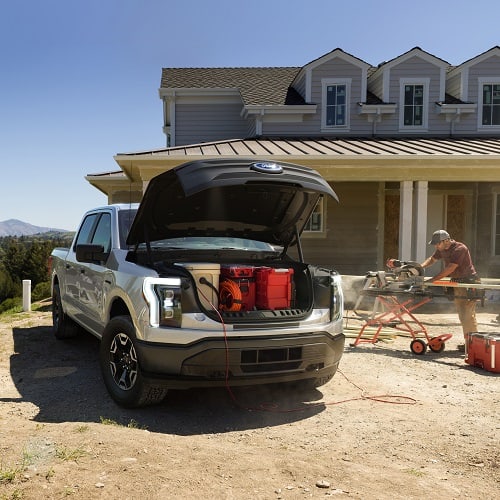Bipartisan infrastructure package authorized $7.5 Billion for EV charging.
NORTH RICHLAND HILLS, TEXAS – Dec. 1, 2021 – This week, the U.S. Department of Transportation (DOT) took the first steps in establishing programs for a national network of electric vehicle charging stations, as mandated in the bipartisan infrastructure bill passed earlier this year.

The agency posted a request for comments from stakeholders on best practices to develop guidance for the electric vehicle charging station programs. In the request, the Federal Highway Administration (FHWA) cited a particular interest on how best to promote equity in the development of EV charging station infrastructure under these programs, including prioritizing grants in rural areas, low and moderate-income neighborhoods, and areas with a large ratio of multi-unit homes as opposed to single-family dwellings.
The bipartisan infrastructure plan authorized two EV charging station programs, the National Electric Vehicle Formula Program, and the Charging and Fueling Infrastructure program. The first program is designed to distribute money only to states, with the amount calculated by formula. The second program differs because:
- It’s a discretionary grant program.
- Grants will be available for not only electric vehicle charging, but to hydrogen, natural gas, and propane fueling stations.
- Charging stations will not be required to be located on designated authorized fuel corridors.
- Grants are available to cities and other entities, not just states.
Under the Charging and Fueling Infrastructure program, the federal share payable for projects funded will be 80 percent. According to the DOT request published in the Federal Register, funds must be used for not only the acquisition and installation of EV charging infrastructure, but also the operation and maintenance of such infrastructure. The mandate also requires that such charging infrastructure be used “only for EV charging station infrastructure that is open to the general public or to authorized commercial vehicle owners from more than one company.” This excludes Tesla, whose charging stations are proprietary and therefore only able to charge Tesla vehicles.
Last year, electric vehicles as a whole made up only 1.7 percent of new light-duty vehicles sold in the U.S. However, as the automotive industry moves towards an increasingly electric future, it will be important for independent automotive repair shops to be prepared for this shift. The development of a national network of electric vehicle charging stations will present both a challenge and an opportunity for our industry. Stay updated with electric vehicle and other legislative news on TakingtheHill.org

Leave a Reply